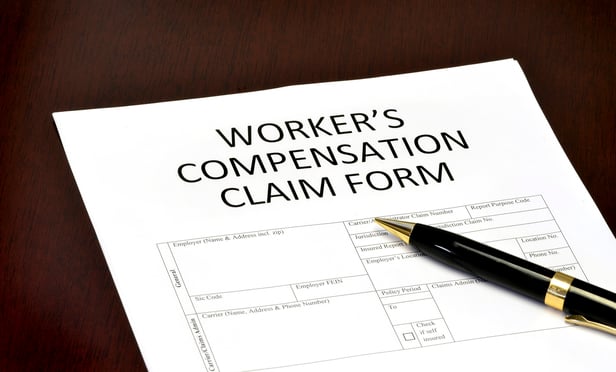Before Alexander Hamilton became famous as the breakout star of a hit Broadway musical celebrating his rise from a penniless immigrant to a player of wealth and influence during the Revolutionary War, he was largely reviled as a political figure whose philosophy and actions favored the wealthy and powerful at the expense of the majority of the new nation’s population. This was crystallized in his proposal for the Bank of the United States, which was to be located in our own Philadelphia and supreme over state and local banks, including those in agrarian and newly developing southern and western regions.
Long after his death in 1804, Hamilton and the bank were blamed as enemies of common people and democracy, and when the bank’s legal charter came up for renewal in 1832, populist President Andrew Jackson vetoed it, stating: “It is to be regretted that the rich and powerful too often bend the acts of government to their selfish purposes. … [E]very man is equally entitled to protection by law; but when the laws undertake to add to these natural and just advantages artificial distinctions, to grant titles, gratuities, and exclusive privileges, to make the rich richer and the potent more powerful, the humble members of society—the farmers, mechanics, and laborers—who have neither the time nor the means of securing like favors to themselves, have a right to complain of the injustice of their government.”
This content has been archived. It is available through our partners, LexisNexis® and Bloomberg Law.
To view this content, please continue to their sites.
Not a Lexis Subscriber?
Subscribe Now
Not a Bloomberg Law Subscriber?
Subscribe Now
LexisNexis® and Bloomberg Law are third party online distributors of the broad collection of current and archived versions of ALM's legal news publications. LexisNexis® and Bloomberg Law customers are able to access and use ALM's content, including content from the National Law Journal, The American Lawyer, Legaltech News, The New York Law Journal, and Corporate Counsel, as well as other sources of legal information.
For questions call 1-877-256-2472 or contact us at [email protected]



